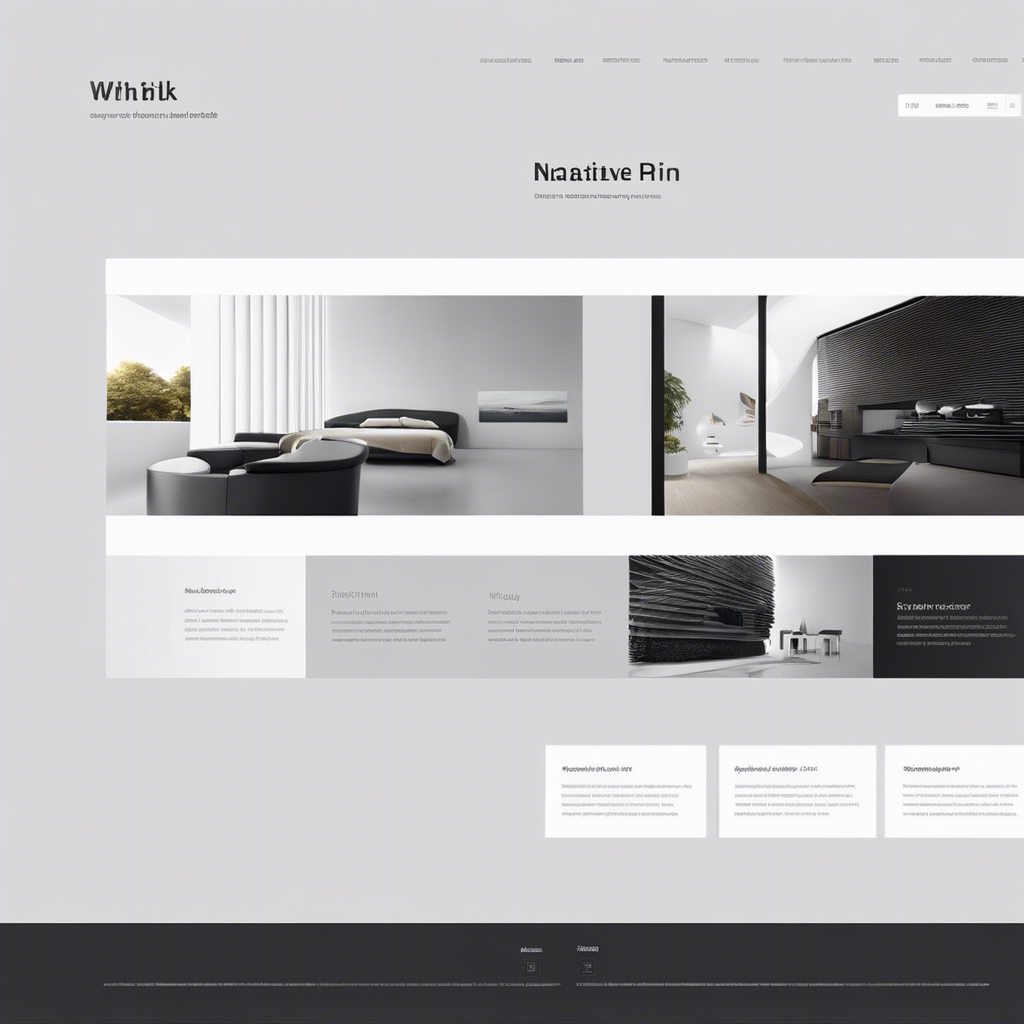Are you a web developer curious about copyright laws surrounding HTML? Well, imagine this: you stumble upon a beautifully designed website with unique features that catch your eye. You’re tempted to borrow parts of its HTML code for your own project, but hold on! Before you do that, it’s important to understand the copyrightability of HTML.
While the overall look of a webpage is not copyrightable, the underlying HTML code itself can be protected if it contains creative expression. A California district court ruling in the case of Media.net Advertising FZ-LLC v. Netseer Inc. confirmed this.
So, in this introduction, we’ll explore the question: ‘Can HTML be copyrighted?’ Let’s dive in and shed some light on this intriguing topic.
Key Takeaways
- HTML code can be protected by copyright if it contains creative expression.
- The look and feel of a webpage may not be subject to copyright protection, but the underlying HTML code can be.
- The Media.net case established the copyrightability of HTML underlying a custom search results page.
- Arguments against copyrighting HTML include the role of CSS, minimal creative expression, and procedural challenges.
History of HTML Copyright Laws
You might be wondering about the history of HTML copyright laws. HTML, or Hypertext Markup Language, is the code used to structure content on the web.
In the past, there have been debates about whether HTML code can be protected by copyright. The Media.net Advertising FZ-LLC v. Netseer Inc. case shed some light on this issue. The California district court ruled that the HTML underlying a custom search results page is copyrightable. This means that if someone copies your HTML code without permission, it can be considered copyright infringement.
However, it’s important to note that the court dismissed the claims in the Media.net case on procedural grounds. The Copyright Office generally refuses to register claims based solely on CSS, but will register HTML as a literary work if it contains creative expression.
Copyright Protection for HTML Code
When considering copyright protection for HTML code, it’s important to understand the criteria for eligibility. HTML code can be protected by copyright if it contains creative expression. This was established in the case of Media.net Advertising FZ-LLC v. Netseer Inc., where a California district court ruled that the HTML underlying a custom search results page was copyrightable.
However, it’s worth noting that the Copyright Office generally refuses to register claims based solely on CSS, which means that creativity must be present in the HTML code itself. Web developers should be cautious about copying copyrightable subject matter, as the look and feel of a webpage may not be subject to copyright protection, but the underlying HTML code can be.
Understanding copyright implications for web development is crucial to avoid copyright infringement and protect your own creativity.
Legal Precedents Regarding HTML Copyright
To delve into the legal precedents regarding HTML copyright, it’s essential to build upon the previous subtopic and understand that HTML code can be protected if it contains creative expression.
In the case of Media.net, a California district court ruled that the HTML underlying a custom search results page is copyrightable, aligning with the guidance published in the Compendium of U.S. Copyright Office Practices.
However, it’s important to note that the court dismissed the copyright claims on procedural grounds, granting the plaintiff the opportunity to amend its claim.
This case highlights the importance of avoiding the copying of copyrightable subject matter in web development.
Although the look and feel of a webpage, including the website layout, isn’t subject to copyright protection, web developers should exercise caution to prevent copyright infringement and potential legal action.
Arguments Against Copyrighting HTML
Against Copyrighting HTML, there are several arguments that can be made.
One argument is that HTML code produces the visual representation of a webpage, but it’s the CSS that determines the appearance. Since CSS is copyrightable, it can be argued that HTML shouldn’t be separately copyrightable.
Another argument is that the look and feel of a website, which includes the arrangement and organization of elements, isn’t copyrightable. While HTML code may contribute to the look and feel, it isn’t the sole factor.
Additionally, some argue that the amount of creative expression in HTML code is minimal, as it’s a standard language for web development. Therefore, copyright registrations for HTML code may be challenged on procedural grounds, such as the allegedly copying of the HTML.
For example, in the Media.net case, the defendants filed a motion to dismiss the copyright infringement claim, arguing that the plaintiffs failed to establish a valid copyright in the HTML code of their custom-created search results page.
Potential Implications of Copyrighting HTML
As you delve into the potential implications of copyrighting HTML, it’s important to consider the impact on web developers and the potential limitations it may impose on their creative freedom.
If HTML code becomes copyrightable, web developers may face challenges in creating websites that are visually appealing and unique. The design of websites heavily relies on HTML code and the accompanying CSS for format and layout.
By copyrighting HTML, web developers may need to navigate a complex legal landscape to ensure they aren’t infringing on others’ copyrighted code. This could lead to a decrease in creative experimentation and innovation, as web developers may be hesitant to incorporate certain elements for fear of copyright infringement claims.
Additionally, the procedural grounds for determining copyright infringement in HTML may be vague and subjective, making it difficult for web developers to know if they’re in violation.
Frequently Asked Questions
Is Copying CSS Illegal?
Copying CSS without proper authorization can potentially result in copyright infringement penalties. It is important to understand fair use guidelines and respect intellectual property protection. Legal implications of copying CSS can arise, leading to design plagiarism cases and potential legal consequences.
Can HTML Be Copied?
Copying HTML without permission can have legal implications, as it is considered copyright infringement. It is important to protect HTML content and consider ethical considerations. Fair use and creative alternatives should be explored.
How Do You Put Copyright on Html?
To put copyright on HTML, you need to understand the legal requirements for protecting HTML content. Copyrighting web page layout, elements, and templates can be challenging, but it’s essential to respect intellectual property rights in web development.
Is Website Design Copyrightable?
Yes, website design can be copyrightable. It encompasses various elements such as trends, user experience, responsive techniques, color schemes, typography choices, imagery, graphics, navigation, creativity, functionality, accessibility, and future technologies.




